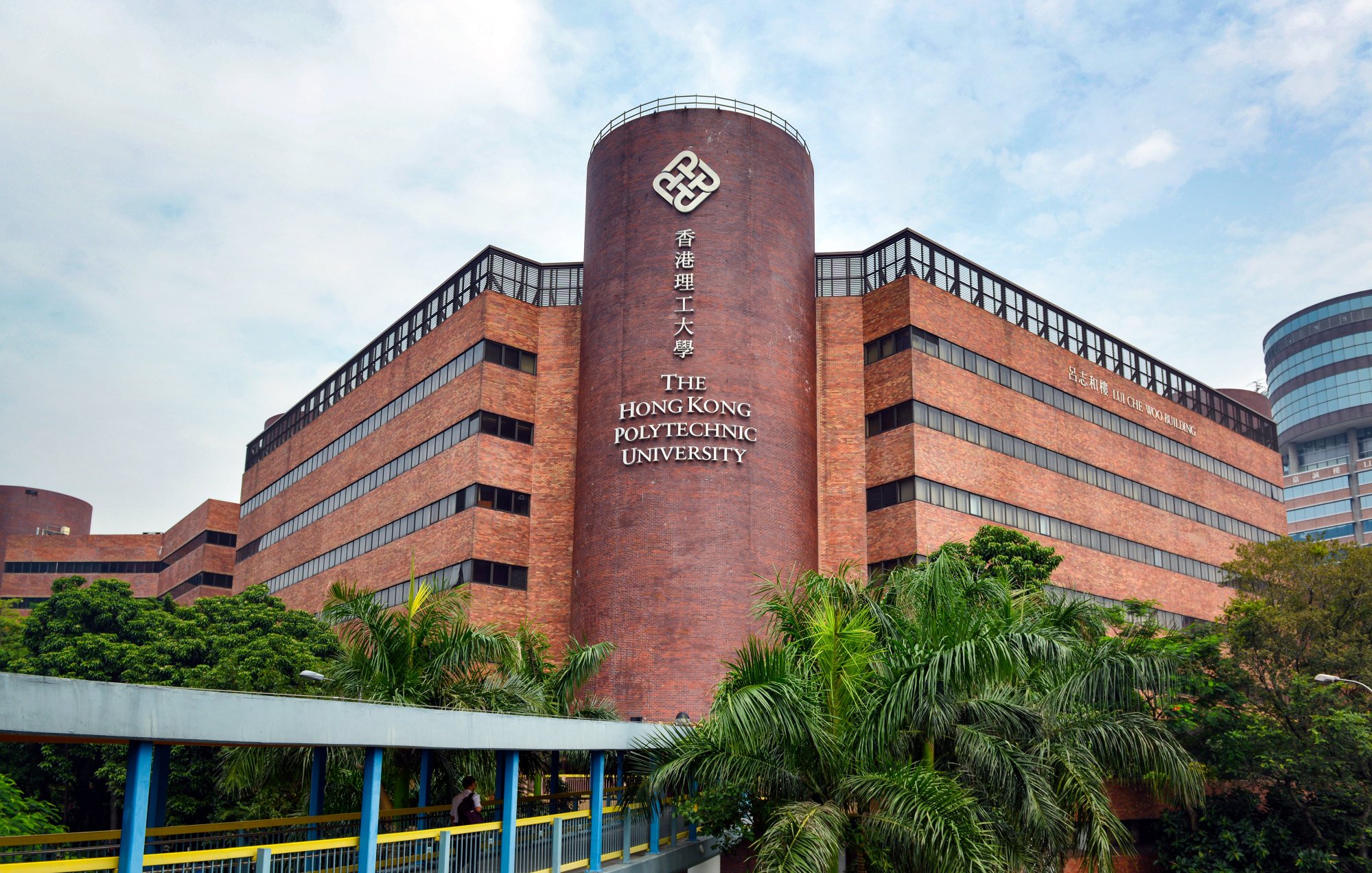The Hong Kong Polytechnic University (PolyU) will set up a research centre to make power grid infrastructure in mainland China and Hong Kong more efficient and to support their carbon neutrality goals at a time when power demand is surging and sustainable energy development is growing in importance.
PolyU launched its Research Centre for Grid Modernisation (RCGM) at its campus on Monday, in partnership with 35 government bureaus, research institutes, and industry associations and 26 universities in Hong Kong, Macau and the mainland, whose expertise is drawn from sectors including power and energy, telecommunications, and electrical engineering.
“RCGM is strategically located in Hong Kong, an international metropolis with a dense population and many high-rise buildings that requires an exceptionally reliable power supply,” said Chung Chi-yung, director at RCGM and head of the PolyU Department of Electrical and Electronic Engineering.
“This provides an ideal backdrop for R&D, including demonstration, testing and application of innovative technologies in grid modernisation for a smart city of the future.”

According to the International Energy Agency, by 2030, the world will need to invest more than US$600 billion in power grids every year to vigorously expand the scale of transmission lines, which is around twice the current global investment level in transmission lines.
In recent years, extreme weather events due to climate change and ageing power networks and equipment, have combined to trigger a spike in major power outages globally.
An analysis published by the non-profit Climate Central in April showed 80 per cent of all major power outages in the US reported from 2000 and 2024 were due to weather, and the US experienced twice as many weather-related power outages in the past 10 years, as compared with a decade earlier.
At the same time, countries worldwide are ramping up their efforts to deploy large-scale wind and solar farms, energy storage systems, and electric vehicles to their existing power infrastructure, driven by their carbon neutrality commitments.
The surging power demand from emerging technologies such as artificial intelligence (AI), extreme weather events, and the transition towards intermittent renewable energy, has triggered an urgent need for innovative solutions in current power and energy systems, according to Chung.
The centre aims to become a leading global hub for collaborative research and knowledge transfer in electric grid modernisation to build secure, sustainable, and affordable power and energy systems worldwide, he added.
Hong Kong possesses a unique advantage in having a grid with world-class reliability, which provides an ideal application scenario for conducting research and development in various innovations for grid modernisation, according to Alfred Sit Wing-hang, PolyU professor and former secretary for innovation and technology of the Hong Kong Government.
Emerging technologies across various fields including sensors, 5G/6G communications, AI, big data analytics, and robotics are crucial for modernising power grids and reducing operational risks, he said.

